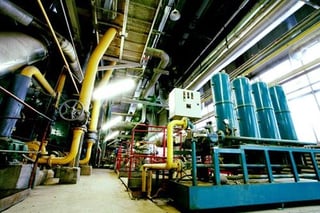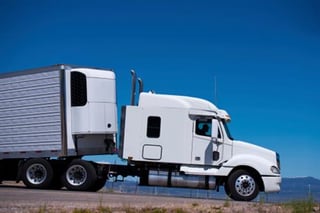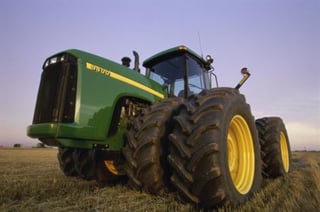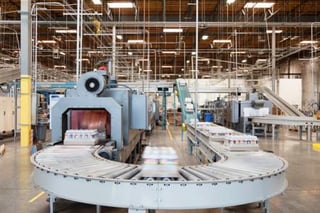
When your business involves industry, it can be difficult to operate without excessive risk. A change in your electricity rates, a supplier goes out of business, an employee gets hurt on the job and you have to cover OSHA fees: all these issues can cause a drastic change in your overhead expenses. One area that is often overlooked is your equipment. How do you know exactly what your equipment values are? If you don't know, how can you make intelligent decisions about your business that won't expose it to risk? One tool many business owners use is an industrial equipment appraisal.
How an industrial equipment appraisal helps reduce business risk
Did you know that your industrial machinery can have more than one value? How do you know which one is the right one? Some business owners go with depreciated value on the tax records, but that doesn't provide an accurate value for the 20-year-old pump in your factory that was fully depreciated ten years ago but still continues to function day in and day out. It could be that you have equipment that has not been fully depreciated yet but had to be used hard during a crisis and is in imminent danger of failing prematurely. Using tax accounting records to determine machine value can make it impossible to operate your business effectively.
If your equipment is overvalued, you may offer it as collateral for a loan so you can take advantage of a fabulous new business opportunity. But what happens when the opportunity falls through and you're on the hook for more than your equipment is worth? If it is undervalued, you may be reluctant to take advantage of an opportunity that would lead to significant growth for your company. How do you know which way to go at that point?
Many entrepreneurs use a machine appraisal to get a better idea of what their assets are worth in the real world. Quality equipment appraisals deal with issues such as expected remaining useful life, giving you an idea of how long the equipment may last before it needs to be replaced. It looks at market conditions, and whether your equipment is in demand or if there are already too many pieces of similar used equipment on the market that are driving the prices down. It will consider whether the equipment can keep up with rising trends, such as integrated sensors and reporting that is quickly becoming the norm for new products.
What about your equipment's location? If it took some serious work to get it in place, it will take serious work to remove it if it is sold. A good machinery appraiser will take that into account when calculating the equipment's value. What are the circumstances for the appraisal? The court may require a particular type of appraisal methodology in divorces or hostile partnership breakups. All these aspects are taken into account when you work with a good machinery valuation specialist.
By having an industrial equipment appraisal performed, you can avoid much of the risk prevalent in many industrial businesses. But before you hire just any appraiser, it's important that you find an equipment appraiser who is certified to ensure the machinery valuation report they produce will stand up to scrutiny.





